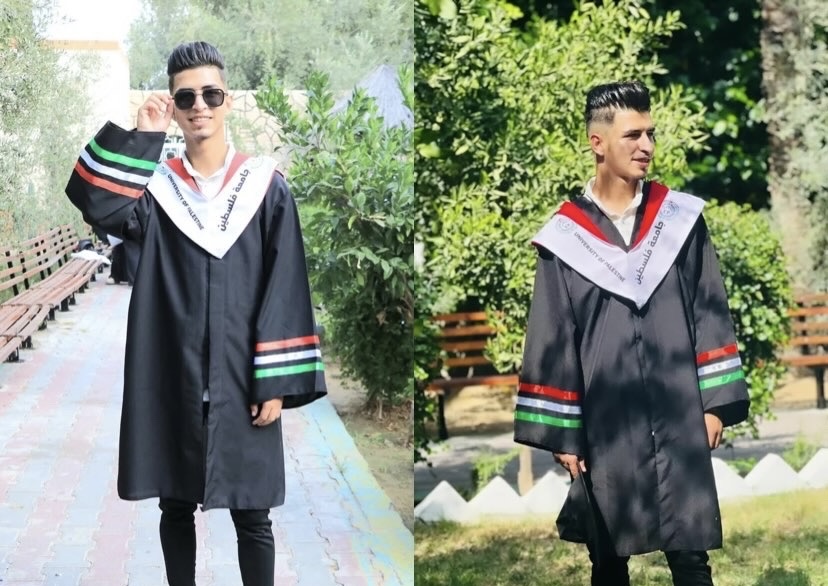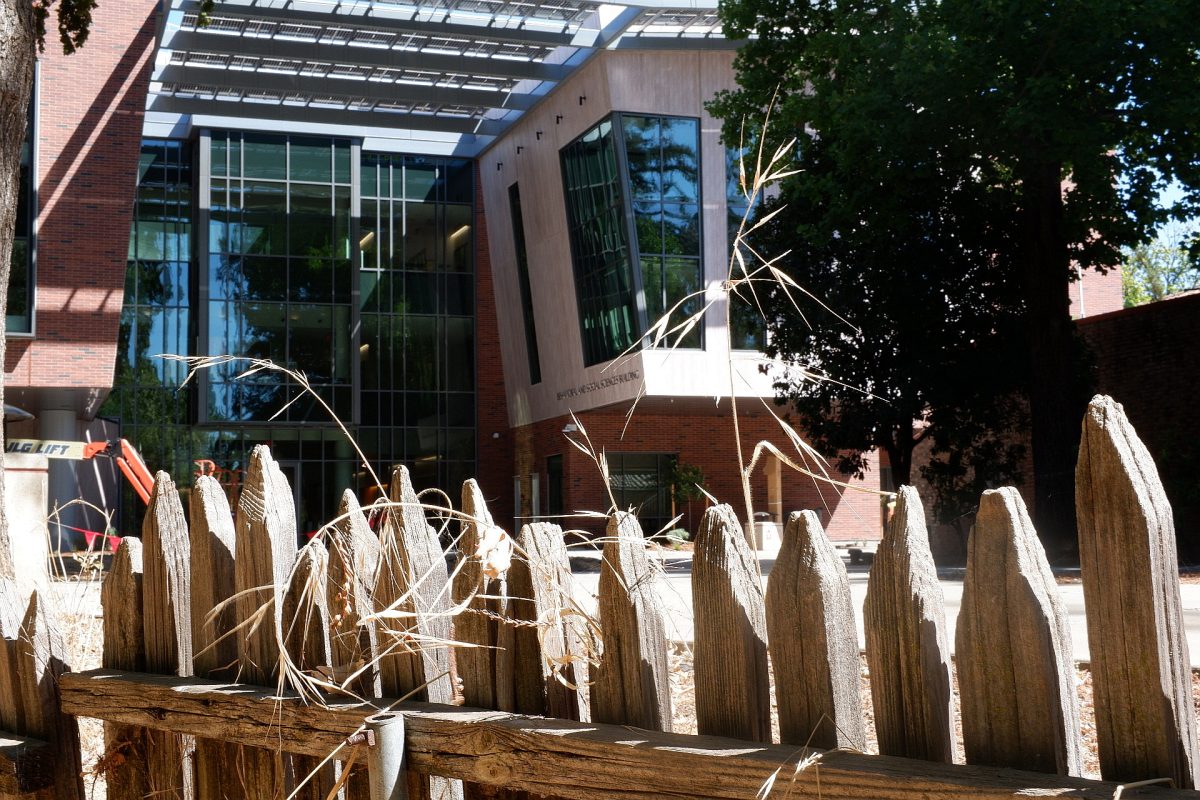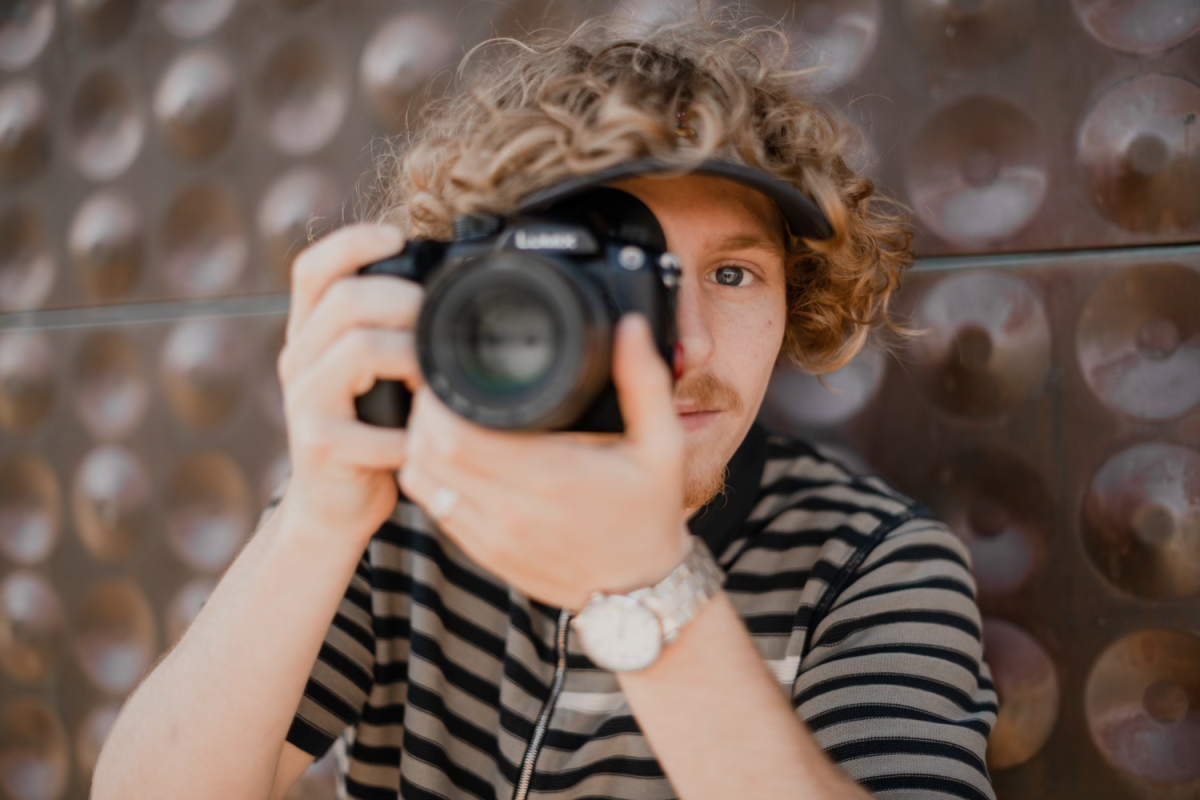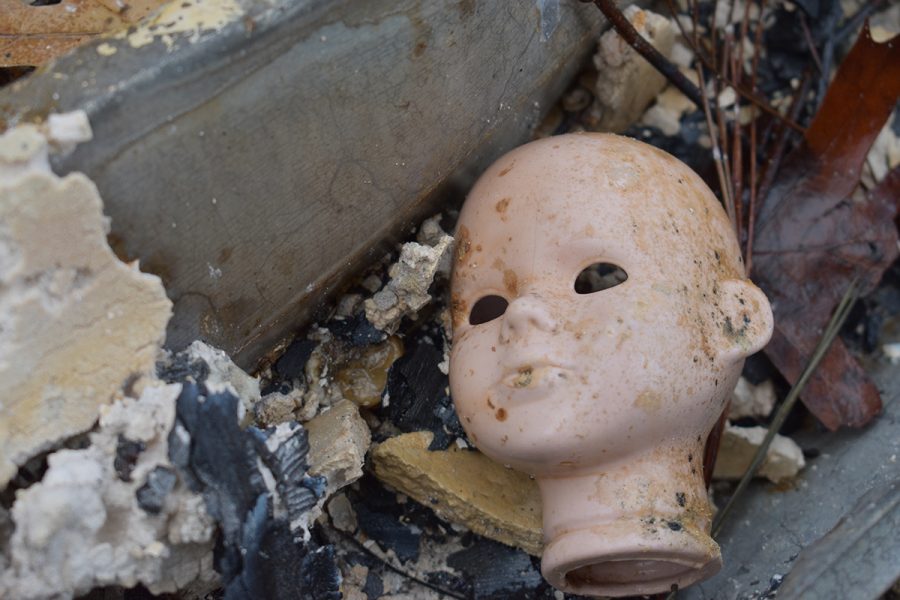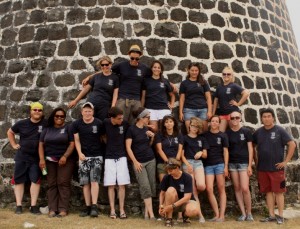
After years of chipping away at an archaeological dig site in Antigua, Georgia Fox and her students finally hit pay dirt this year.
Fox, a professor in the anthropology department, was working on an old mystery. Armed with shovels, trowels and GPS equipment, she had returned to Betty’s Hope Sugar Plantation, a dig site on the east side of Antigua, with a new crop of students every year since 2007.
They had discovered many different buildings at the archaeological site since they started digging. But after four consecutive years of on-again-off-again searching, they had yet to uncover where the plantation’s slaves used to live.
That all changed in July, when Fox and her team began excavating an area of the site and found slave pottery and traces of phosphate, both tell-tell signs of human activity.
The discovery was exciting for Fox and her team of students, who visit the dig site in Antigua every summer as part of the Betty’s Hope Archaeological Field School, a study abroad course offered through Chico State’s regional and continuing education office.
Locating the slaves’ quarters and collecting the personal items they left behind will yield clues as to how they lived, Fox said. And it will finally give the slaves, many of which could not read or write, a chance to tell stories of captivation and hard labor.
“Most students, when they go on this project, they’re not sure what they’re going to experience or encounter. But I would say, 99.9 percent of the time, the students are blown away.”
Georgia Fox, anthropology professor
“So much of history is written by elites,” Fox said. “Great people, famous people. But so many people who make up the past are everyday people.”
“We try to sort of flesh out, or help these people come alive through archaeology,” she added.
The artifacts at the plantation are providing insight and historical information about pre-emancipation English colonies, Fox said. Antigua, a tiny island in the West Indies, was covered with sugar cane plantations at the height of the English plantation system in the mid-18th century.
“If you were in Antigua in the 18th century, you would just see a sea of cane blowing in the wind,” Fox said.
Betty’s Hope Sugar Plantation was owned by the Codringtons, an English family, for 300 years, Fox said. Her research shows that the plantation gradually became run-down after the industry died out when the slaves were freed in 1934.
While they work on excavating the plantation, Fox said her students enjoy delicious hot meals, Antigua’s beautiful beaches and comfortable living quarters that are close to the dig site. Students generally enjoy the experience, and some have even come back for two or three years.
“Most students, when they go on this project, they’re not sure what they’re going to experience or encounter,” Fox said. “But I would say, 99.9 percent of the time, the students are blown away.”
Even though Fox and her students have dug up the ruins of many buildings, the site still contains many secrets. Much of the old rum distillery and the slave quarters have yet to be excavated. The team has discovered many buildings that aren’t on the historical maps of the area, but they have yet to find the final resting place for many of the plantation’s enslaved residents.
“We don’t know where the slaves are buried, so that’s a big mystery,” Fox said.
Students interested in applying to the Betty’s Hope Archaeological Field School can do so at rce.csuchico.edu/passport/antigua. Fees are $4,185 attending the school for credit. The deadline to apply is March 28. The fees to attend the school are $4,185 for credit or $3,925 without. The deadline to apply is March 28.
Benjamin Mullin can be reached at [email protected] or @BenMullin on Twitter.



